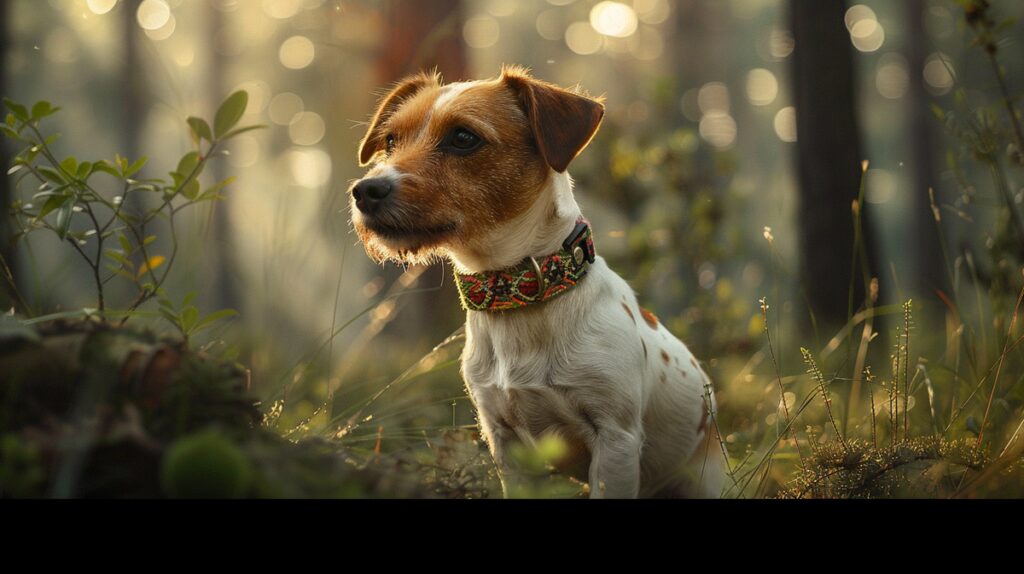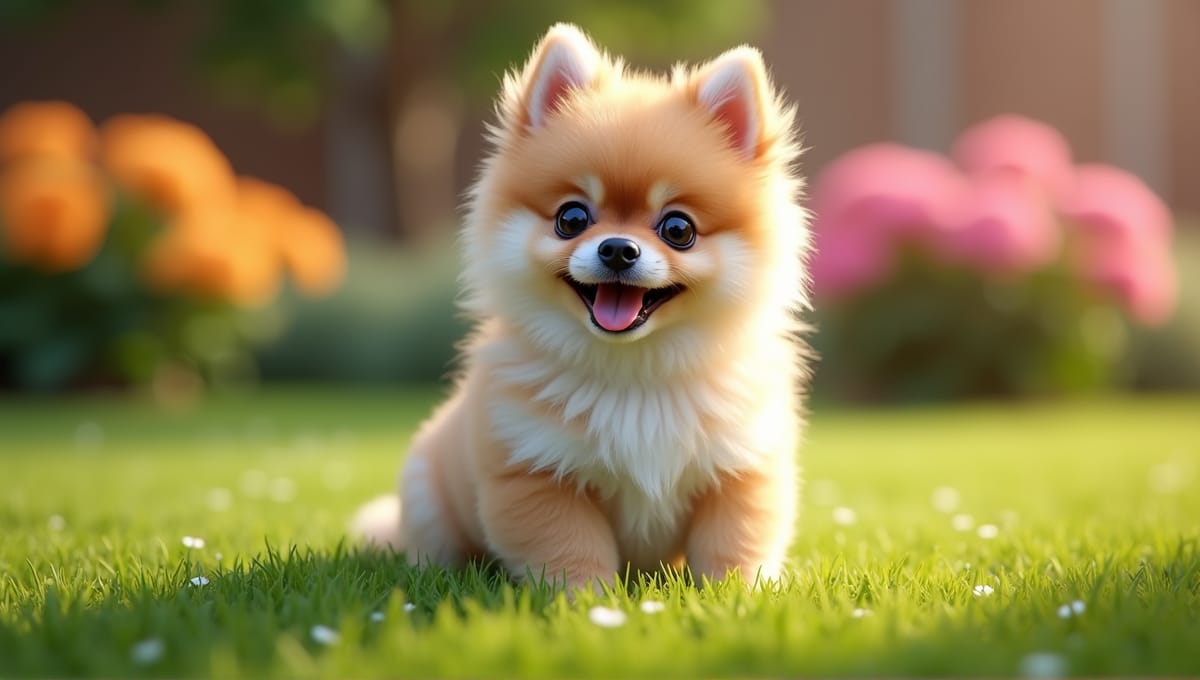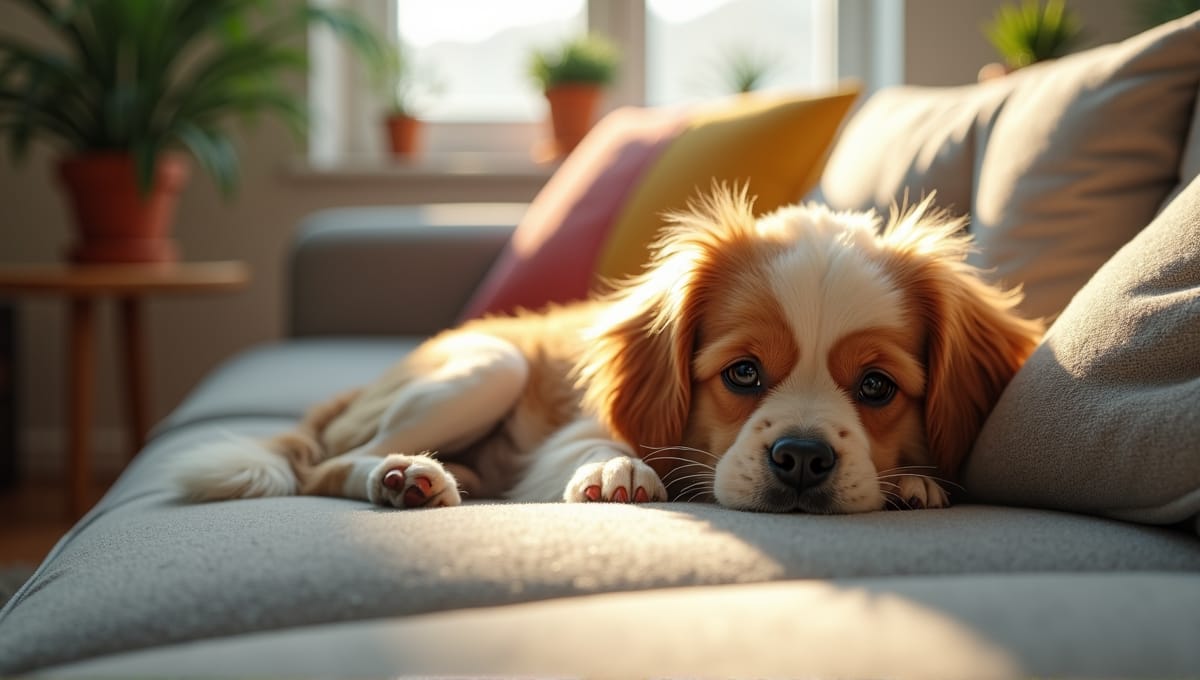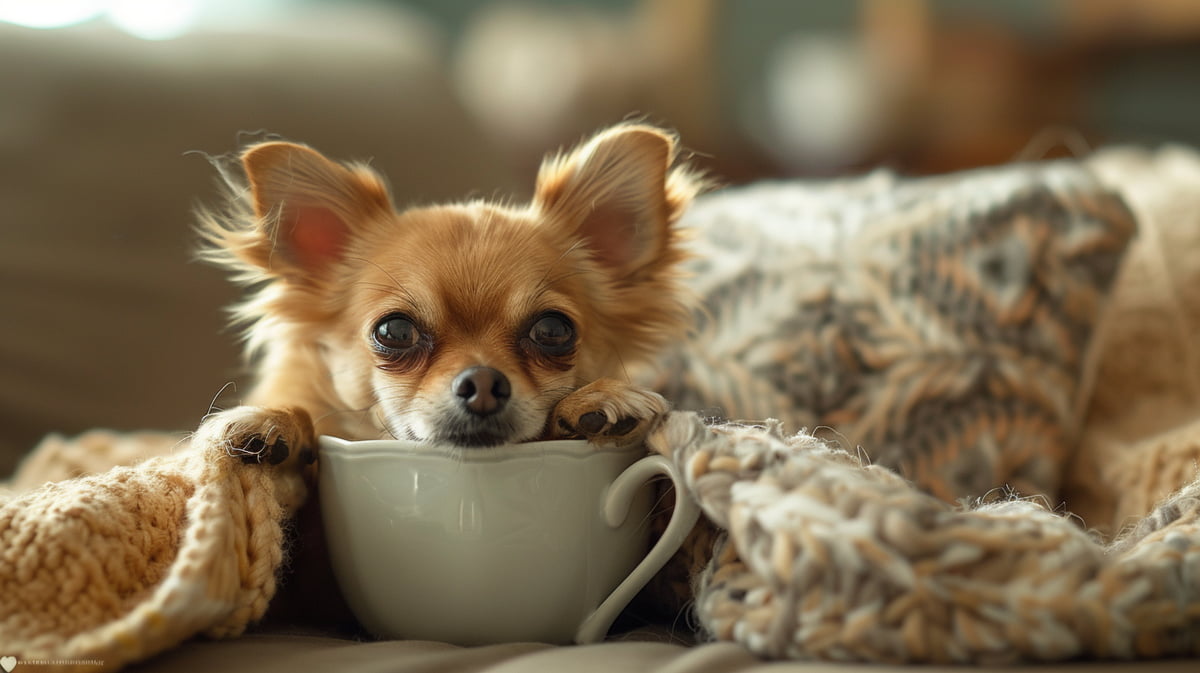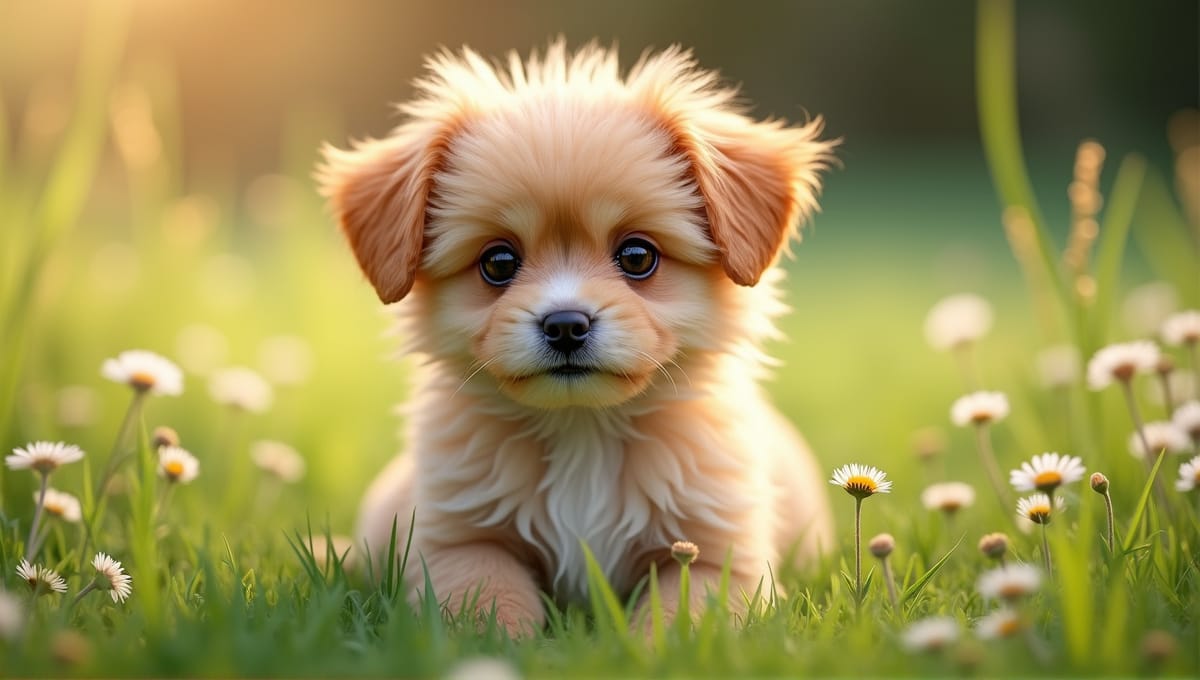As a dog enthusiast who was raised around small sporting dogs, I can tell you that small hunting dogs are tiny dogs with big personalities. You want a little hunting buddy that’s both agile in the field and cuddly at home.
I’ll detail the top small hunting breeds, their hunting specialties, and how to select the perfect one for you. Let’s identify your ideal small hunting dog!
Characteristics of Small Hunting Dogs
Small hunting dogs are small yet mighty. These little dogs commonly weigh between 10 and 30 pounds. Their small size allows them to maneuver through dense brush and into tight spaces with ease. You’ll notice that they have a compact, muscular build with strong legs and deep chests. These physical attributes enable them to work all day in the field with the larger dogs.
Despite their small size, these dogs are energetic and can work all day in the field. They also typically have plenty of stamina, as they’re designed to work all day.
Small hunting breeds are energetic and can work all day, so they’re energetic at home. Most of them need at least one hour of vigorous exercise per day. While their high energy level is great for hunting, it can be frustrating for owners who aren’t as active.
These dogs are also intelligent and easy to train. Because of their intelligence, they’re easy to train, eager to please, and can often learn new commands quickly. They’re also relatively easy to train and are eager to please. The only downside is that they have a lot of energy and are prone to destructiveness if they get bored.
Most small hunting breeds live a long time, ranging from 12 to 16 years on average. However, they may be predisposed to certain health issues. For example, Dachshunds are known for back issues associated with their long bodies. Consequently, they require regular vet check-ups which can prevent most headaches related to health concerns.
These dogs are also versatile and can adapt to most living situations. The only real consideration is making sure that they have enough exercise and mental stimulation.
Dogs have been used for hunting for over 12,000 years. It wasn’t until the 19th century that dogs were selectively bred specifically to hunt. This history has helped developed unique small hunting breeds today.
Top Small Hunting Dog Breeds
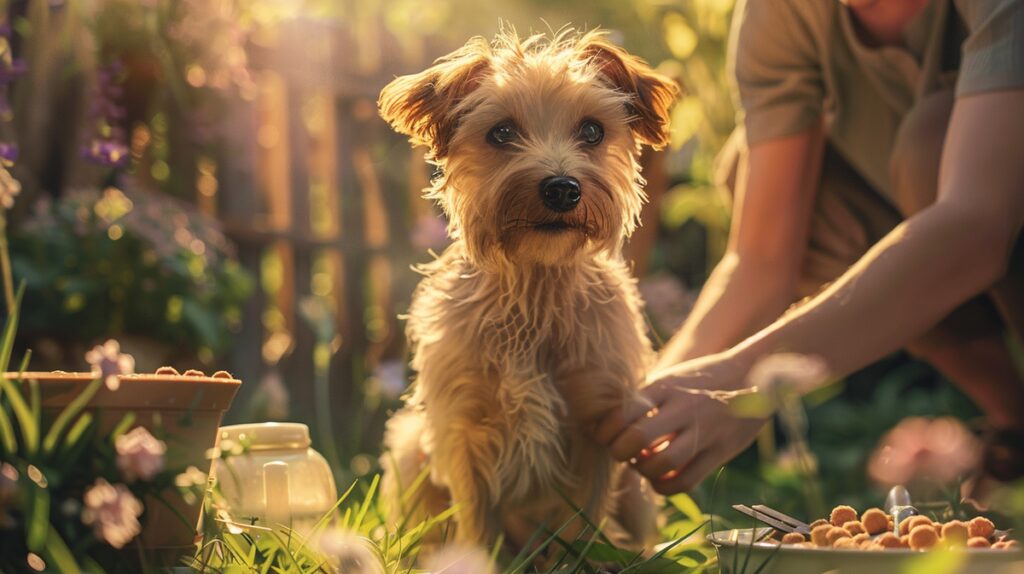
Beagles are a quintessential small game scent hound. Here’s why they’re so popular:
- Excellent scenting dog
- Friendly and good with a family
- Sturdy enough to hunt all day
- Vocal – recognizable howl
Jack Russell Terriers are a small game terrier that’s known for its energy and fearlessness. Dachshunds have a small body, short legs, and were initially bred to hunt badgers.
Miniature Schnauzers are a dual-purpose breed that’s good at hunting and ratting. They have a good nose and are fearless.
Boykin Spaniels are starting to become more popular for hunting. Here’s why:
- Excellent swimmer
- Natural retrieving ability
- Good size for hunting from a boat
- Friendly and eager to please
Brittany Spaniels are slightly larger than the previously mentioned breeds, albeit they’re still considered a small to medium breed. They’re bird dogs with an incredibly high motor. English Cocker Spaniels are versatile and easy to get along with. They’re great at flushing and retrieving.
Wire Fox Terriers are scrappy and agile. They’re a dog breed known for hunting fox and other small varmints. Their tough coat protects them from thorns and provides excellent camouflage.
Each of these breeds has something unique to offer as a hunting breed. The right one for you will depend on the type of hunting you plan to do and your lifestyle. Also, don’t forget that a dog from the best small family dogs post could be trained to be a great small game hunting dog.
Hunting Specialties of Small Dogs
Small game hunting is often where these compact canines shine. They have an exceptional ability to locate rabbits and squirrels with their keen noses and quick agility. Breeds like Beagles and Jack Russell Terriers are excellent at tracking, as they’ll follow a scent trail with unmatched precision that leads directly to their prey.
Tracking and trailing is where many small hunting dogs truly shine. For example, Dachshunds and Beagles have arguably some of the best noses in the entire dog kingdom. They can track and trail scents that are days old to help hunters find game that would have otherwise gone undetected.
Some small hunting breeds are natural retrievers, such as the Boykin Spaniel, which will retrieve game from land or water. Others may need a little more training to become a skilled retriever, though most can be taught to retrieve small game and birds.
Flushing is another task that many small hunting breeds are well versed in. They are small enough to get into underground burrows and dive into dense cover to flush out game. Breeds like the Wire Fox Terrier and Jack Russell Terrier are known for their fearless approach to flushing.
Hunting in dense cover is where the small size of these breeds is an advantage, as they can easily navigate through thicker whiches and under fallen timber. This also allows them to access areas that larger breeds (or larger human hunters) can’t reach.
Training Small Hunting Dogs
Training small hunting dogs begins at a young age. You can start basic obedience training with a puppy as young as 8 weeks old, establishing the foundation for more advanced hunting skills down the road. Focus on basic obedience commands (e.g., sit, stay, come) first.
Scent training is one of the most important steps for training a hunting dog. I start scent training by using scented treats or toys to get the dog to use its nose. Then, I progress to hiding scented objects in various places to challenge the dog’s tracking ability and increase its confidence.
Many hunting breeds instinctively know how to retrieve, so fetch often comes naturally to small hunting dogs. Begin with simple, short retrieves (don’t over-complicate it). Praise the dog when it retrieves the object. Then, gradually make the retrieves longer and add in distractions to simulate a hunting scenario.
Next, you’ll need to teach hunting-specific commands to the dog. For example, it will need to know the command “whoa” to stop and stand still, or the command “back” to move away from game in the field. This takes consistency and patience, as it can be challenging for a dog to learn these commands and then reliably obey them when hunting.
Socializing your dog is also important. By introducing the dog to a variety of people, animals, and environments, which it can help headaches like fear or aggression in the field. If you want your dog to be comfortable hunting, you also need to expose it to gunfire (which is a learned behavior for the dog).
Above all, remember that training a hunting dog isn’t an event—it’s a process. It takes plenty of time and consistency to train a reliable hunting dog, but the bond you’ll build and the results in the field will certainly be worth it.
Pros and Cons of Small Hunting Dogs
Small hunting dogs are ideal for several reasons:
- They are easier to transport in a vehicle or small boat.
- They eat less food and take up less space.
- Their small size allows them to fit into tighter spaces and through thick cover.
- Many have the same strong scenting instincts of larger hunting breeds.
- Most small hunting dogs have the stamina and energy level required for an all-day hunt.
However, there are a few drawbacks to keep in mind. Small hunting dogs often lack the strength to take down larger game and may struggle in deep water. Because of their small size, they can also be more susceptible to predators in certain hunting environments and may have trouble retrieving larger game. In thick cover and for hunting small game, many small hunting dogs outperform larger breeds. In waterfowl hunting and retrieving larger game, though, the larger breeds usually excel.
For hunters with experience, small hunting dogs are often a great solution, particularly for rabbit and bird hunting. If you’re a beginner hunter, you may find some of the small hunting breeds challenging, as they tend to have a lot of energy and a strong prey drive. Fortunately, most of the small hunting breeds will work just fine for a beginner hunter with the right training and a little patience.
The most important consideration is how well the dog’s hunting instincts align with your hunting style and the type of game you hunt. The same consideration applies to hunting dogs of any size.
Care and Maintenance of Small Hunting Dogs
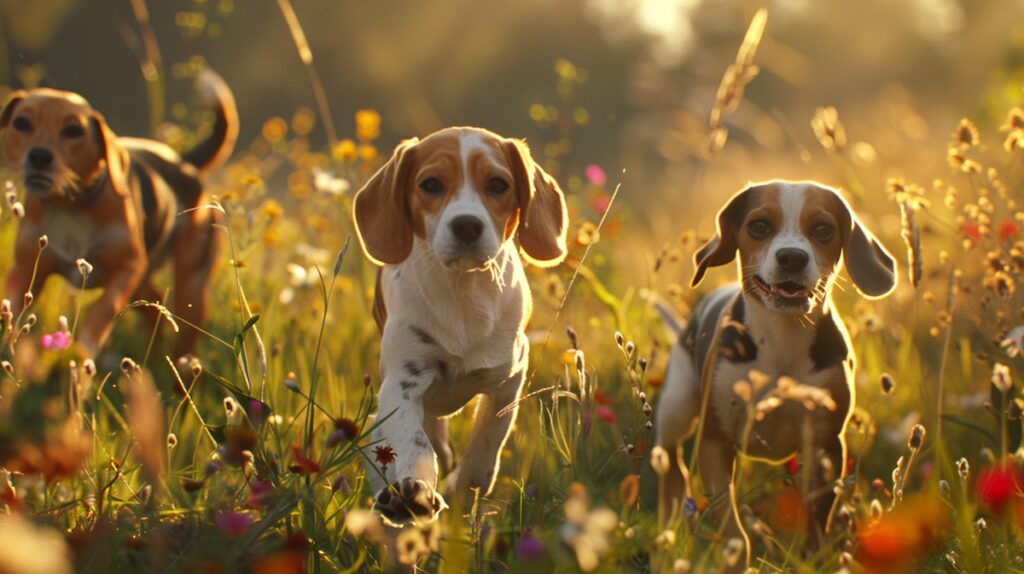
Feeding small hunting dogs requires some extra thought. These dogs are extremely active and need high-quality, nutrient-dense food to sustain their energy levels. I recommend premium dog foods designed for active dogs with the first ingredient listed as a protein. Adjust portion sizes depending on your dog’s activity level to help keep them at a healthy weight.
Grooming needs depend on the specific breed. For example Beagles with short hair require brushing only once a week. Wire-coated breeds will need more frequent grooming and you may need to hand strip the coat to maintain proper texture. All small hunting dogs require regular nail trims and ear cleanings to stay healthy.
Regular check-ups are key to keeping these dogs feeling their best. Schedule an annual visit to the vet to get vaccinations updated and an overall health evaluation. Keep an eye out for health issues specific to your breed. For example, Dachshunds are prone to back problems and Beagles frequently get ear infections.
Activity routines should mirror what your dog would do while hunting. Consider long walks on different trails and scent games to help maintain hunting stamina. Swimming is great for any hunting dogs that are also water dogs like the Spaniel breeds. Plan for at least one hour of rigorous activity each day.
It’s also important to maintain out-of-season care to ensure your dog is ready for the next season. Keep up with regular exercise and training. Mental stimulation should come in the form of puzzle toys or some training each day. If your dog seems bored, agility training can be a fun way to keep them in shape between hunting seasons.
Lastly, these dogs are more than just working animals. They’re loyal pets that love human interaction. Balance this need to work with the need to just love on the dog, and you’ll have a happy, healthy hunting dog. If you’re more interested in smaller dogs that aren’t capable of working, read our post on teacup dog breeds to see some of the cutest small dogs.]
Finishing Off
Small hunting dogs are another example of a small dog breed that has amazing hunting skills. I’ve personally observed the impressive capabilities of these little dogs. Breeds such as Beagles and Brittanys have excellent hunting instincts and a lot of energy. They can do anything from bird hunting to tracking small game.
You’ll start training them at a young age and focus on obedience training, as well as scent and retrieving work. There are definitely some pros and cons to these small hunters. They’re easier to transport and can navigate in tight hunting areas, but they may not be as effective at hunting larger game.
Taking good care of them is also important. Make sure they eat a high-quality diet, get plenty of exercise, and receive regular checkups to ensure they’re healthy enough to hunt. When you put in the time to train and take care of these small hunting dogs, they’ll show you that you don’t necessarily need a large dog to hunt.


